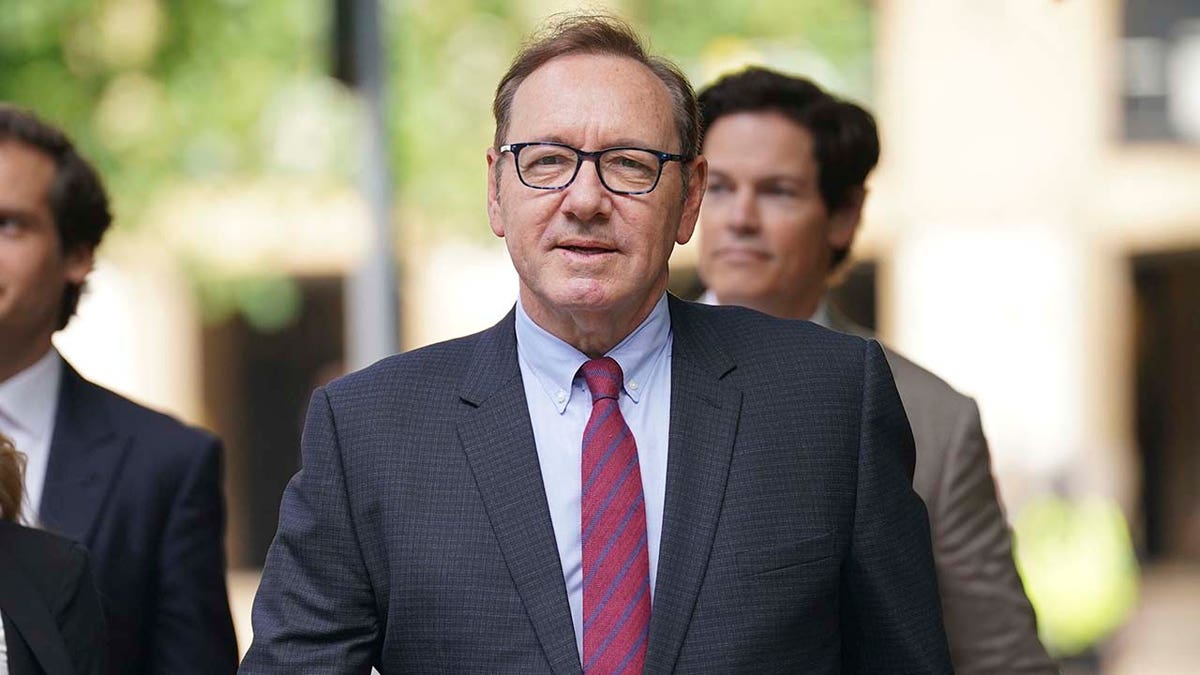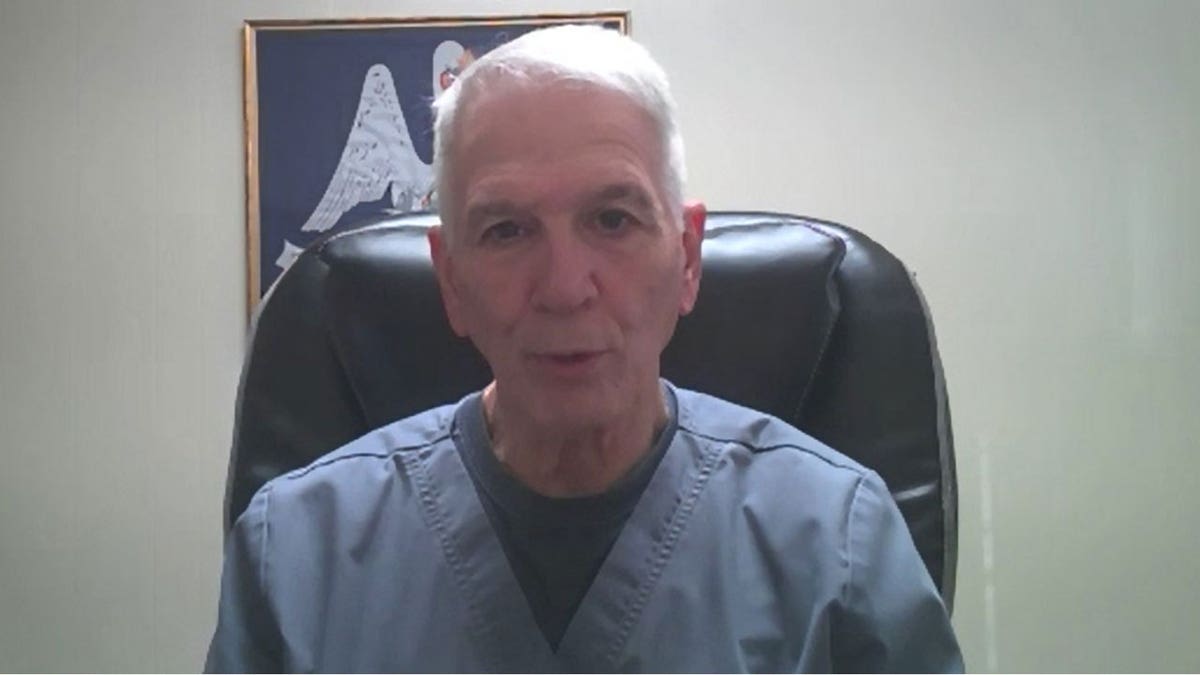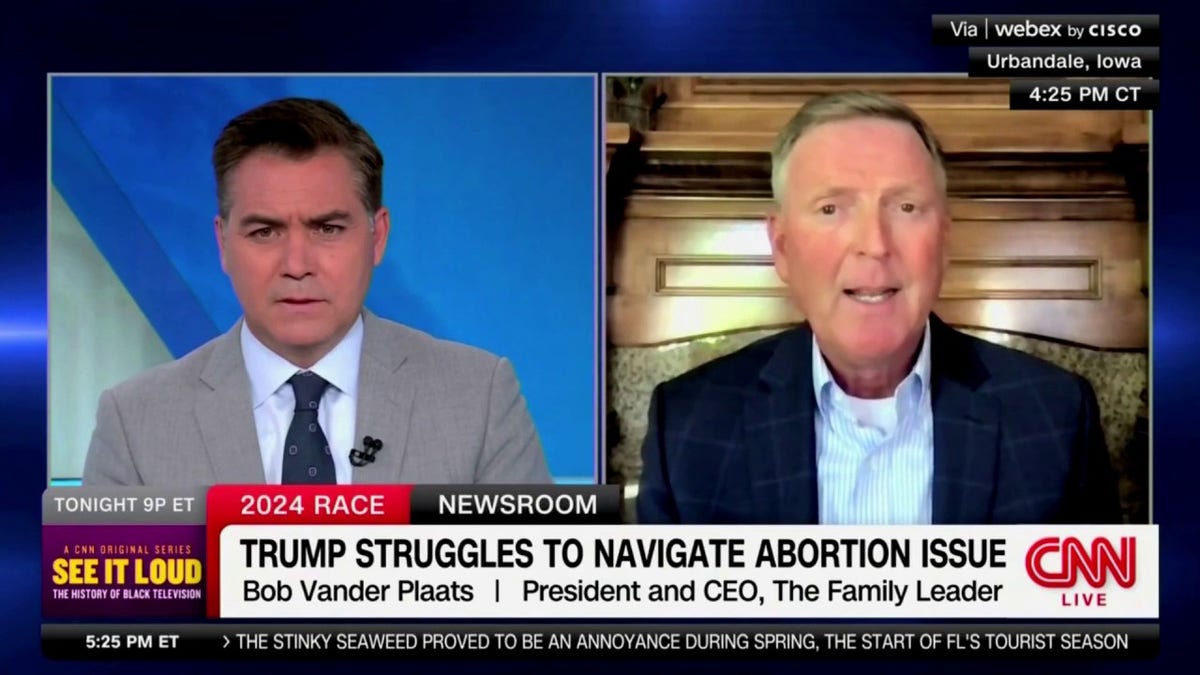Larry Fink, CEO of BlackRock, has voiced his unease regarding the ongoing debate surrounding Environmental, Social, and Governance (ESG) investing, stating that the term has been "misappropriated" by both extremes of the political spectrum. He reportedly expressed feeling "ashamed" to be associated with the controversy during a discussion at the Aspen Ideas Festival.
Fink acknowledged that the withdrawal of $2 billion in assets by Florida Governor Ron DeSantis in 2022, following disagreements over ESG principles, had a negative impact on BlackRock. He emphasized that his annual letters to investors, which often touch on ESG themes, were intended to address long-term issues for investors and not to make political statements.
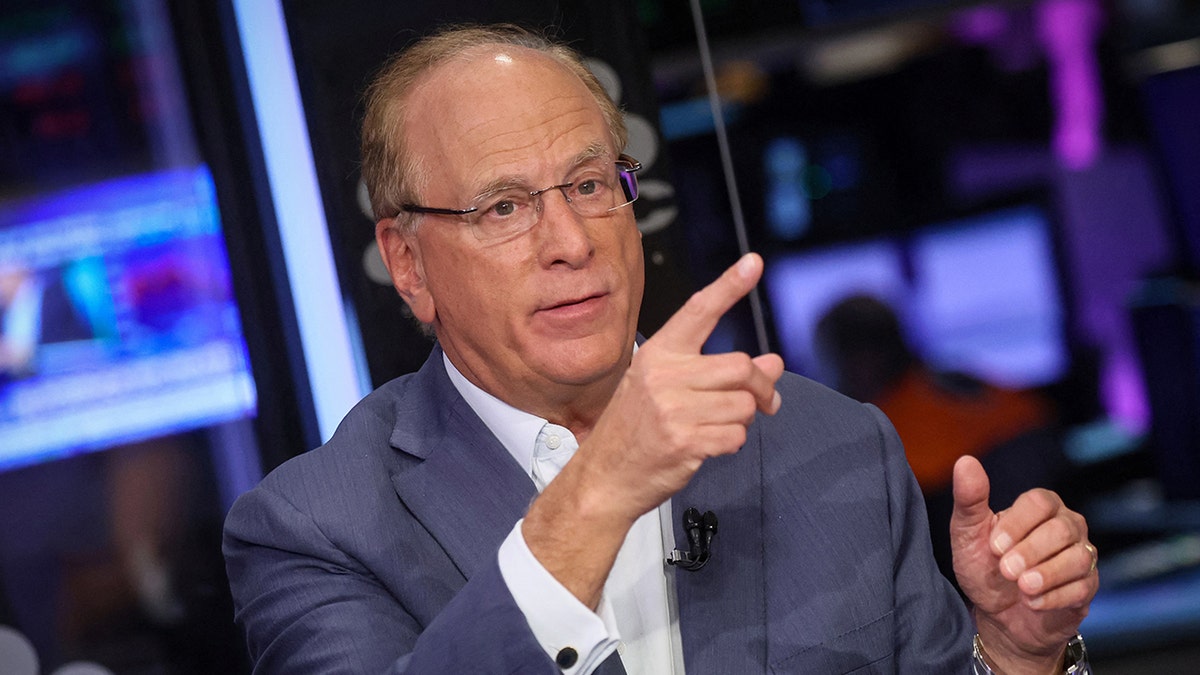
While Axios initially reported Fink saying he was “ashamed,” he later clarified his stance, asserting his belief in "conscientious capitalism" and stating he was not ashamed of his position. He indicated a preference to avoid the term "ESG" altogether due to its politicization, choosing instead to discuss specific issues such as decarbonization, corporate governance, and relevant social concerns.
This comes amidst growing criticism of ESG investing, particularly from Republican lawmakers who argue that companies prioritizing ESG factors are neglecting their fiduciary duty to shareholders by pursuing a "woke agenda" at the expense of financial returns. They contend that companies should prioritize maximizing shareholder value over politically motivated initiatives.
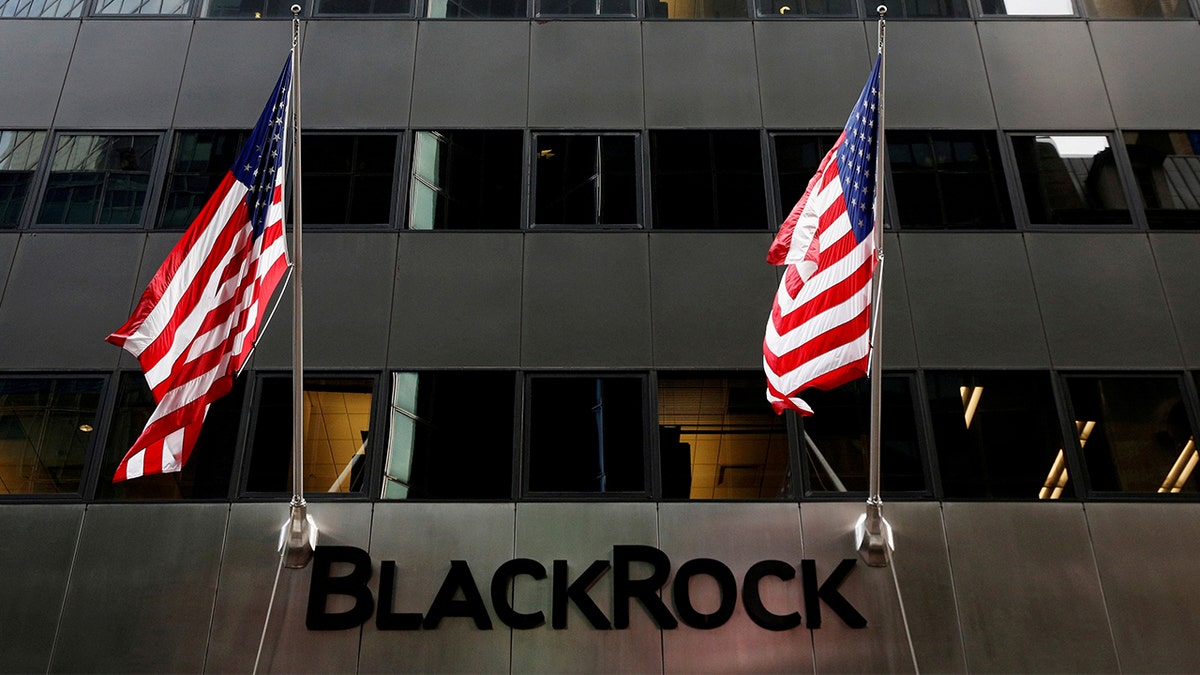
In a 2022 letter to CEOs, Fink defended ESG, emphasizing that it is not a political or ideological agenda but rather a form of capitalism driven by mutually beneficial relationships between companies and their stakeholders, including employees, customers, suppliers, and communities. He reiterated that long-term profitability remains the ultimate measure of a company's success.
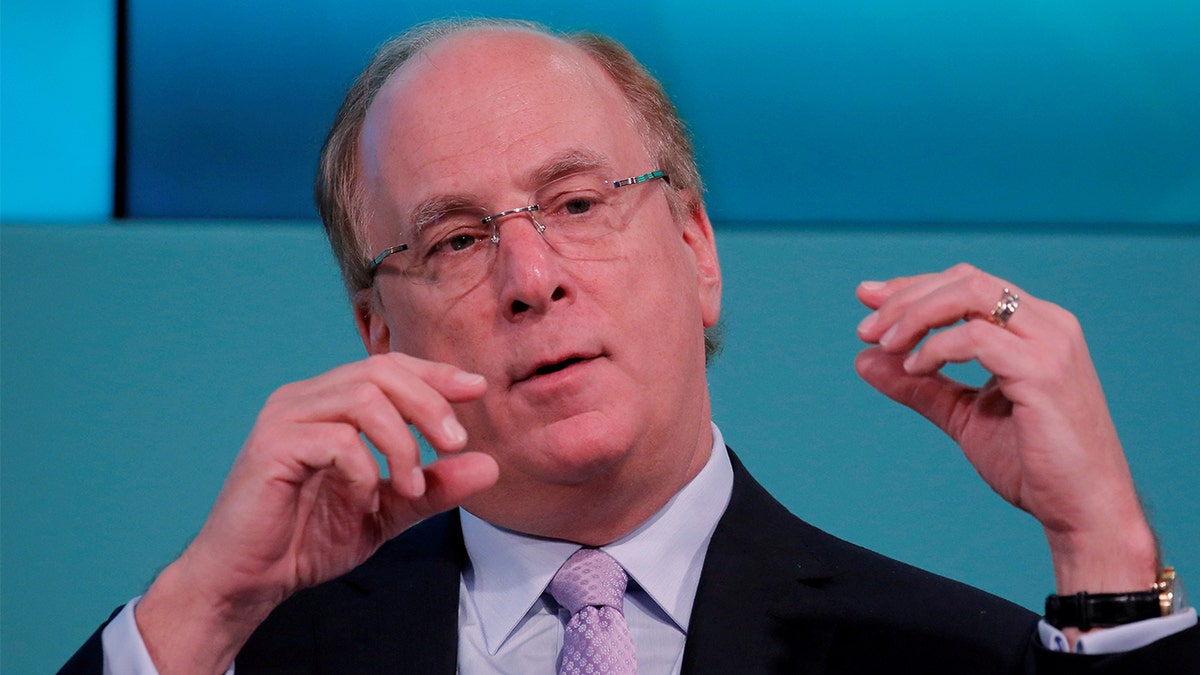
The House Financial Services Committee, led by Republicans, formed a task force earlier this year to address ESG investing, aiming to protect investors and maintain the competitiveness of American capital markets. Chairman Patrick McHenry criticized the use of ESG to advance a political agenda, comparing it to the perceived politicization of the public education system. He stressed the importance of separating political ideology from investment decisions.



